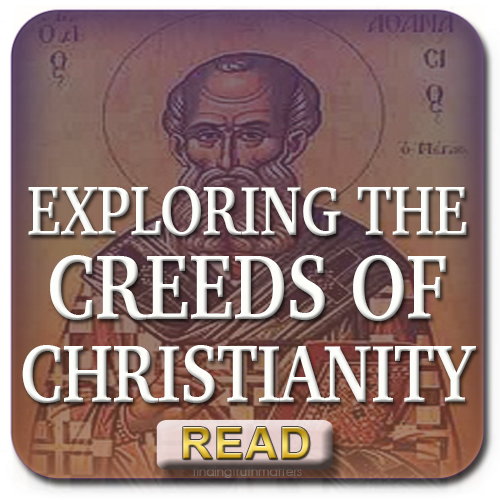
by Andrew Corbett | Nov 19, 2018 | Theology
I have a son who thinks he is the world’s best speller. It’s actually become a family joke just how bad his spelling is though. In his 5th year of elementary school, he couldn’t see the irony of how he had labelled his Spelling Workbook – ‘Speeling.’ Even now, at pre-tertiary level, Tiger (my son) still struggles with spelling. I have to read and re-read what he has written in order to figure out which word he is actually trying to use.
So if you saw the mis-spelt word b a i r in your child’s schoolwork how would you determine what he or she meant? Did he/she mean bare or bear? If your child meant bear, which bear did they mean? After all, if they meant bare they could have meant: empty (the cupboard was bare), or: naked (bare shoulders sometimes need covering), or, they could mean: show (bare one’s teeth). But then, if they meant bear they could mean: an animal, or to turn (bear left), or to carry (bear a burden). The only way you could determine what your child means would be to read the context of what they had written. This is because words are generally equivocal- the context determines it’s meaning.

by Andrew Corbett | Oct 24, 2018 | Culture
When the Apostle Paul arrived in Macedonia in the mid 50s AD, the seeds of the Gospel were sown in Europe. Little could he have imagined that within a few centuries the leader of the very Empire which would do its utmost to destroy the Church would profess Christ as his Lord. But neither could he have foreseen how distorted his gospel, and those who claim to represent it, would become – or could he?

by Andrew Corbett | Oct 21, 2018 | Theology
The Doctrine of Perspicuity says that God has given mankind His message in the Scriptures which can be clearly understood. That is, if a person was just to read the Bible they would understand its message. But there is a counter-doctrine known as the Doctrine of Perspicacity which says that mankind’s sinful heart will always tend to distort what God is clearly saying. This is why the formation of Creeds was both necessary and possible.
At the establishment of the Church in the first century, copies of the Scriptures were not readily available. The truth of Scripture was encapsulated into short memorable sayings. There are traces of these credal statements to be found in the New Testament. Examples are found in First Corinthians 15:3-4, First Timothy 1:15, Second Timothy 2:11, and Titus 3:4-7.

by Andrew Corbett | Aug 28, 2018 | Theology
When it comes to the revelation of salvation: Sola Scriptura (the Scriptures alone). When it comes to the identity of the Saviour: Solo Christo (“Christ Alone!”) When it comes to the cause of salvation: Sola Gratia (Grace Alone!). And now – “Faith alone!” Against the backdrop of a State Church, which taught that salvation was earned by a person’s righteous efforts, the Reformers reaffirmed the Biblical position that salvation was received by faith, not works.

by Andrew Corbett | Aug 28, 2018 | Theology
When it comes to the revelation of salvation: Sola Scriptura (the Scriptures alone). When it comes to the identity of the Saviour: Solo Christo (“Christ Alone!”) When it comes to the cause of salvation: Sola Gratia (Grace Alone!). “Grace alone!” Perhaps the most abhorrent and repulsive summary of the most sublime news anyone could ever herald.
Abhorrent? Indeed. We are so conditioned to earn every merit or reward that comes our way that the concept of someone else paying our debt with no thought of seeking any form of payment is truly abhorrent. Repulsive? Certainly. The attitude of “I got myself into this mess and I’ll get myself out of it!” is so entrenched in most people’s thinking that the notion of another exhausting all their resources to rescue us- and then making no demand for any kind of repayment is indeed repulsive! Yet that which most find abhorrent and repulsive is the core of the Gospel: God’s grace.





